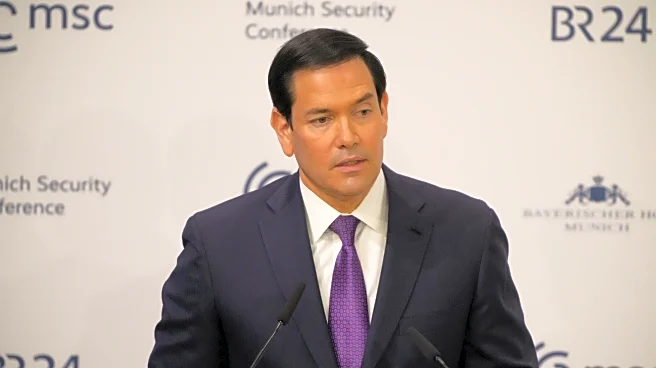Rapid Read • 6 min read
Trethera Corporation, a clinical stage biopharmaceutical company, has been awarded a $2.3 million grant from the National Institute of Health (NIH) to study its lead drug candidate, TRE-515, in combination with radiation therapy for treating metastatic castration-resistant prostate cancer (mCRPC). This grant supports preclinical models to evaluate the effectiveness of TRE-515, which inhibits deoxycytidine kinase (dCK), a key enzyme in the nucleoside salvage pathway. The combination aims to exploit a metabolic vulnerability in prostate cancer cells, potentially extending survival for patients with limited treatment options.
AD
Prostate cancer is a significant health issue, being the second leading cause of cancer-related death among men. The development of TRE-515 as a novel treatment could redefine therapeutic approaches for mCRPC, a condition with few effective options once it becomes resistant and metastatic. The NIH grant not only validates Trethera's scientific rationale but also opens new avenues for applying TRE-515 to other cancer types, potentially transforming patient outcomes and offering commercial opportunities in the biopharmaceutical industry.
The NIH grant will facilitate further preclinical studies of TRE-515 in combination with radiation therapy, potentially leading to clinical trials. Trethera aims to expand its research into additional prostate cancer models, with the goal of proving the concept that TRE-515 can effectively prevent resistance in cancer cells. Success in these studies could lead to broader applications of TRE-515 in cancer treatment, enhancing its commercial viability and impact on patient care.
AD
More Stories You Might Enjoy











